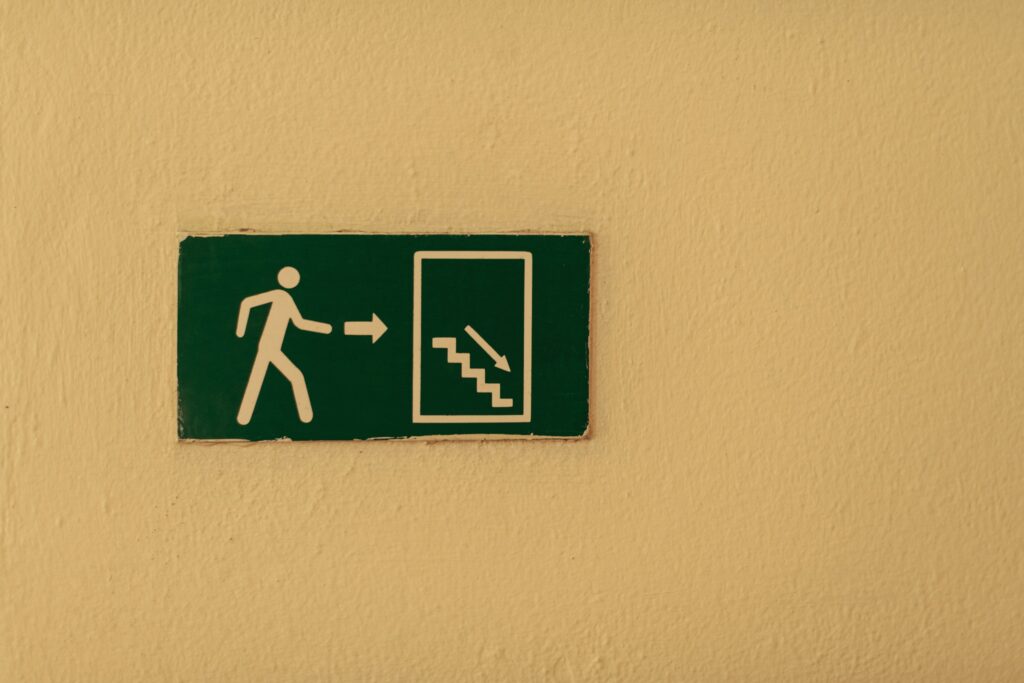
On Conscience, Legalism, Loving Your Brother, and the Fear of Man
Ah, that “doubtful things” issue again.
Yep.
There’s been some really good material written on the Christian conscience lately. One of my favorites is this book, written by a long-time missionary and a former student of mine (that’s two people, not one). I think they handle the issue well.
I don’t plan to add anything to, or correct, anything they’ve said. But it occurred to me that an illustration I use for this concept in my teaching might be useful for a general audience. Which you are.
So here goes.
The Bible says that we should never violate our conscience—even when it’s misinformed, and unnecessarily restrictive (1Co 8.7-13). I’ve written on that before, so I won’t go over those concepts again. It also gives Christians a fair amount of liberty to disagree on what kinds of activities they can engage in (1Co 8-10; Ro 14). I think it’s delightful to interact with other believers—the thoughtful ones, anyway—to learn how they think about such matters and how they make their decisions. It’s too bad that many Christians see these disagreements as occasions for combat or for disdain. I think we can all learn a lot by calmly interacting over our disagreements.
When those arguments occur, the word legalism often gets thrown around. Like a hand grenade. The term suffers from a general lack of definition in the current culture; most people use it as a pejorative for behavior that they think is unnecessarily narrow. (It used to mean the belief that your good works will get you to heaven, but I haven’t heard anyone use it that way in a looong time.)
I like to use an illustration when I’m teaching on these matters. It’s one my students understand well, because it’s right down the hall from us.
In the classroom building where I teach, there’s a staircase at the center lobby. The “up” staircase is on the right of the lobby, and the “down” staircase, as you might expect, is on the left. Each side has a sign. Up. Down.
Perfectly clear.
Do you need to follow the signs? Is it a sin to go up the down staircase?
Well, it depends. And while this particular illustration is relatively trivial—the decisions you make while driving your car are exponentially more important—it does provide an opportunity to think through the larger biblical principles in a way that encourages objectivity and discourages raw emotionalism.
Authority
The first principle that presents itself is that of authority. There are behavioral requirements of the students—and of the faculty—and the Scripture does say that we should obey those in authority over us: government (Ro 13), church (He 13.17), family (Ep 6.1), employment (Co 3.22). It doesn’t specify “teachers and administrators in a university setting”—universities didn’t exist in those days—but our culture widely recognizes that educational institutions act in loco parentis, and in any case students at my school, like many others, sign a statement that they will conform to the rules of the institution, so here it becomes a matter of personal integrity.
So in the abstract, you shouldn’t go up the down staircase.
But the Scripture also speaks of “the spirit of the law” and “the letter of the law.” Why have the institutional authorities specified an up and a down staircase?
The intent of the regulation is pretty clear: efficiency. And maybe safety. When the stairs are crowded, everybody benefits if the traffic is flowing in one direction. So go with the flow, dude.
That’s called loving your neighbor.
Years ago, I was in a crowd going down the (down) staircase, and here came a male student, in the opposite direction, head down, engrossed in his phone, completely oblivious to the fact that he was turning the traffic flow chaotic. I put my hand in the middle of his chest, waited for him to look up, and said, “Turn around, go back down, and use the stairs over there.” He looked at me incredulously. “You’re kidding!” “No, I’m not. Love your neighbor. It’s the second most important commandment.”
I have no idea who that student was, or how he is now. But I hope he loves his neighbor.
Well, then, what about the slow times? Any problem with going up the down staircase then?
Given the intent of the regulation, none at all.
But in those cases there are other things to consider.
Next time.
Photo by Tim Mossholder on Unsplash

Leave a reply. Keep it clean.